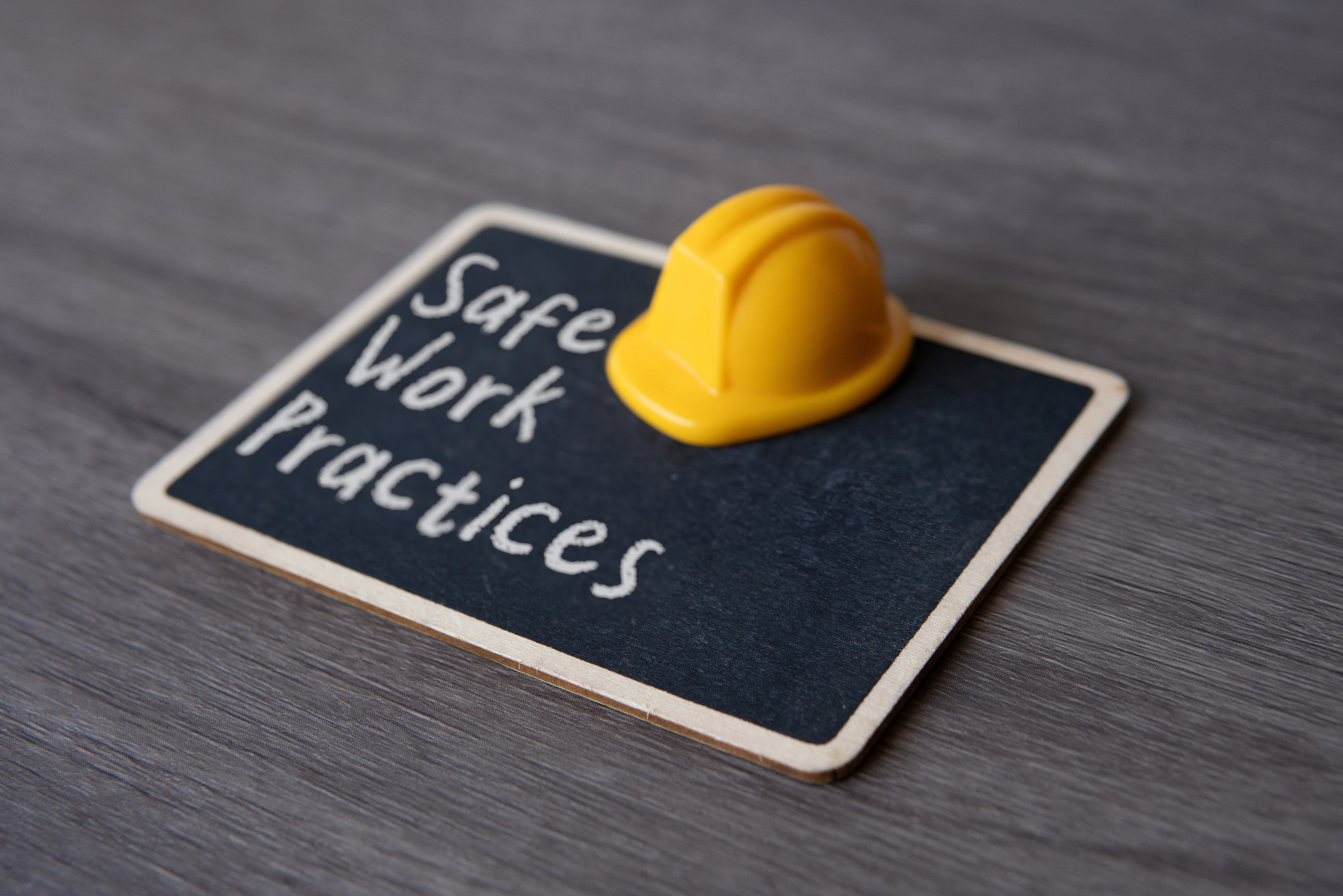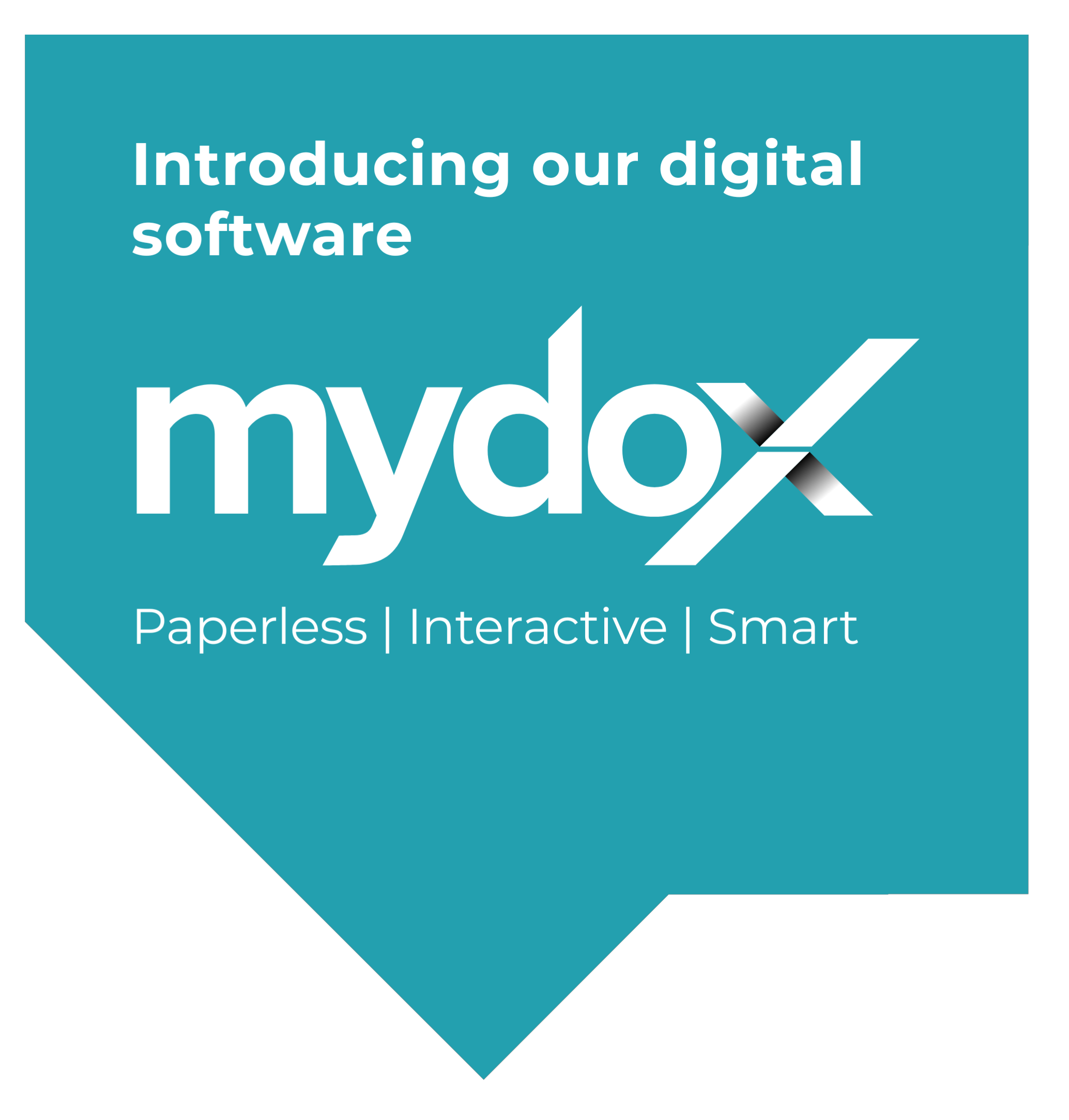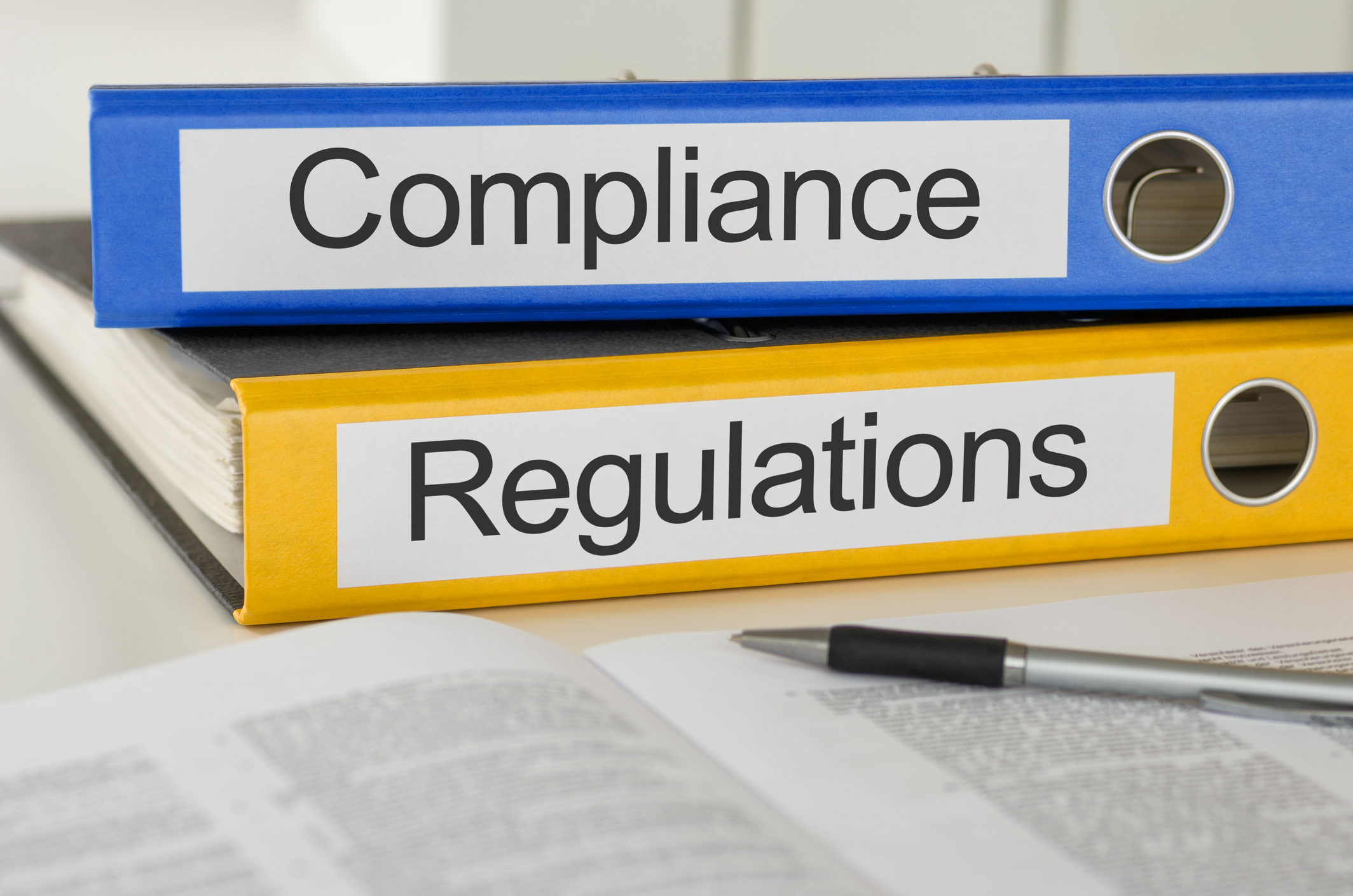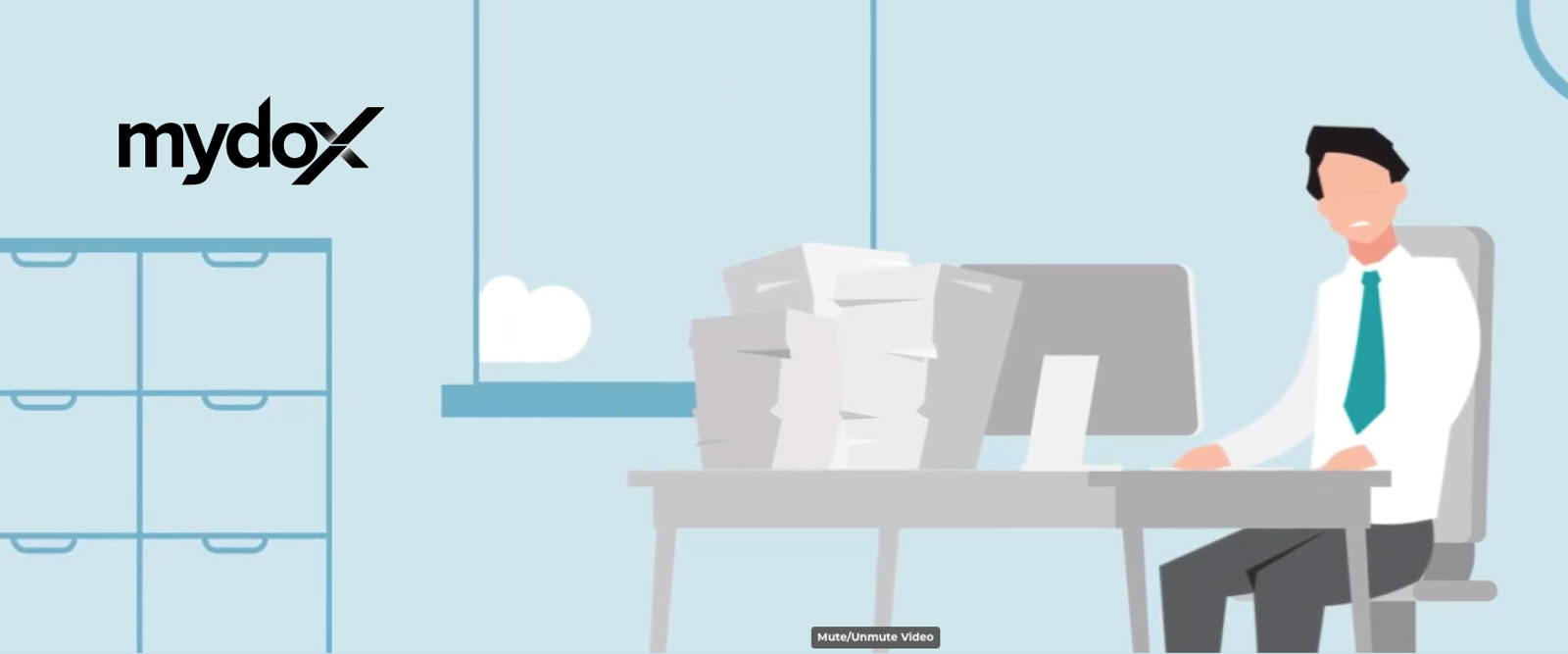
In today’s fast-paced and increasingly demanding work environments, the psychological and social wellbeing of employees is just as important as their physical safety. Managing psychosocial risks is no longer a “nice-to-have” — it’s a vital part of creating a healthy and productive workplace.
What the data says
The costs of ignoring these risks are significant. According to Safe Work Australia, workplace injury related to mental health conditions are:
- One of the most common types of claims: Made up 10.5% of all serious claims in 2022–23p.
- On the rise: A 97.3% increase in serious claims over the past decade.
- Most disruptive: Mental health claims have a median time lost of 37 weeks — over five times the average (7.2 weeks) and more than triple that of cancer-related claims (11.8 weeks).
- The most expensive: Median compensation for mental health claims is $65,400 — over four times the average ($14,400) and higher than claims for Neoplasm (cancer) ($47,801).
These figures highlight just how critical it is for employers to take mental health seriously.
What are Psychosocial Hazards
Psychosocial hazards are factors in the design, organisation, and management of work — as well as the social context — that may cause psychological or physical harm. Left unmanaged, they can lead to stress, burnout, anxiety, depression, and other serious health conditions.
Examples of Workplace Psychosocial Hazards
- High job demands (e.g. excessive workload or unrealistic deadlines).
- Low job control (lack of autonomy in how work is done).
- Poor support from supervisors or colleagues.
- Lack of recognition or reward.
- Bullying, harassment or interpersonal conflict.
- Exposure to traumatic events or materials.
- Unclear role expectations.
- Remote or isolated working conditions.
- Poorly managed organisational change.
- Inadequate communication or consultation.
Benefits of Managing Psychosocial Risks
Effectively managing psychosocial risks delivers a wide range of benefits for both employees and the organisation. One of the most immediate advantages is the avoidance of additional business costs, as early intervention helps prevent long-term mental health issues that can lead to absenteeism, reduced productivity, high staff turnover, and expensive compensation claims.
Managing psychosocial hazards is essential for compliance with Work Health and Safety (WHS) legislation, as organisations are now legally required to identify and address these risks. Failure to do so can result in penalties, reputation damage, and severe and critical legal consequences.
Need Help?
Managing psychosocial hazards doesn’t need to be complex. Our Psychosocial Toolkit is designed to support employers in identifying, assessing, and mitigating psychosocial risks in line with WHS standards.
Through our comprehensive psychosocial risk assessments, we help you uncover potential issues, develop practical strategies, and build a mentally healthy workplace.
Download a free support services document.

It includes available support services and resources for employees, such as counselling services, and peer support networks to access when needed.
Just fill out the form and we will email it to you.
























